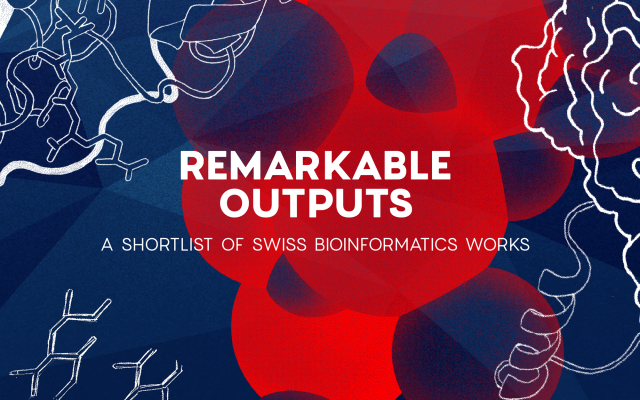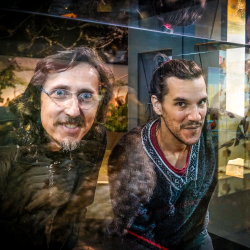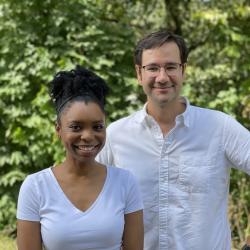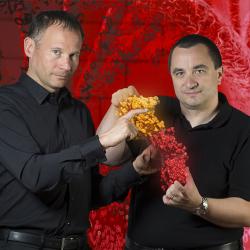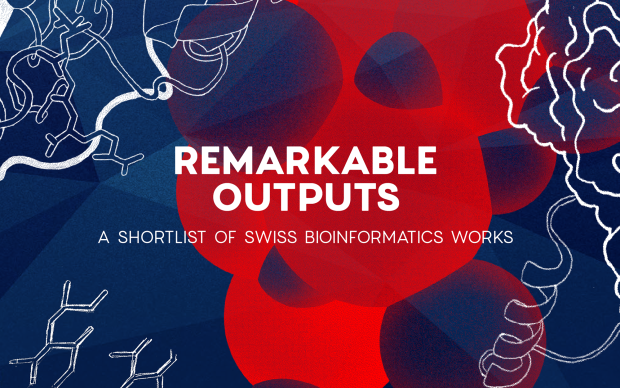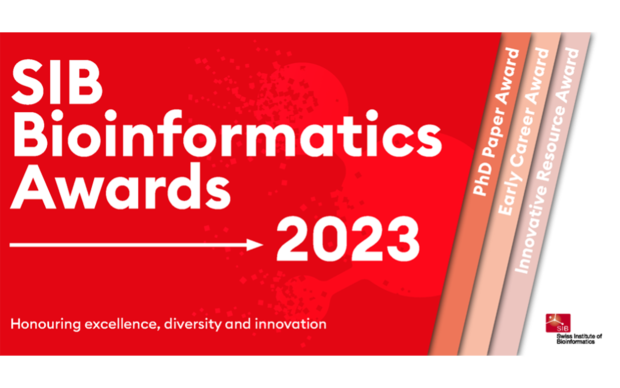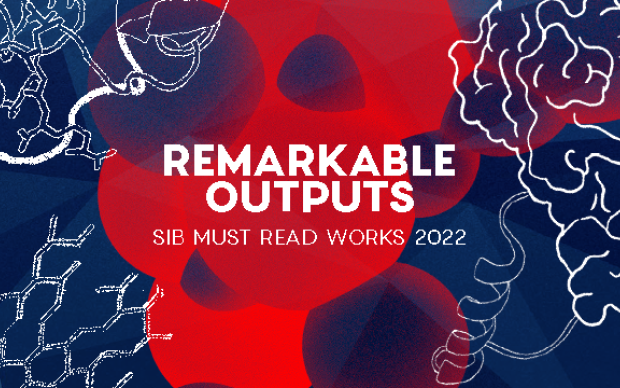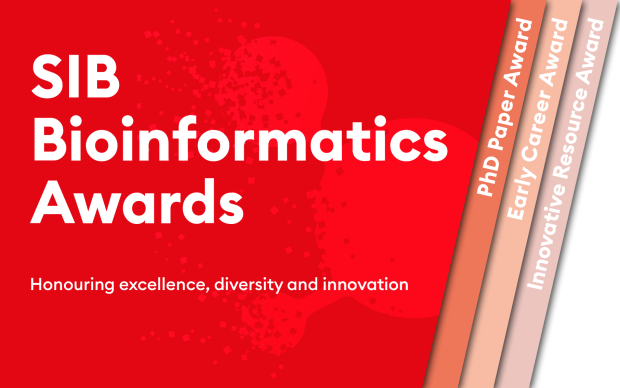Staying abreast of the latest advances and bright ideas emerging in a field as diverse as bioinformatics is challenging. To provide the global bioinformatics community with a shortlist of achievements of the year by SIB Scientists that are particularly deserving attention, here are the SIB Remarkable Outputs of 2021, selected by the Award Committee. From new algorithms to detect disease-related genes, to exploring the origins of sexual reproduction, discover these publications, software tools, databases and outreach projects.
-
APSiC: a robust statistical framework for discovery of novel cancer genes
Groups involved: Oncogenomics, Bern and Computational Biology Group, Basel
Related resources: Portal, GitHub
What the committee said about the work: “This new algorithm enables the identification of new cancer-related genes even with data from few samples, showcasing on the APSiC portal its application to a real-world oncology datas -
BUSCO: assessing genomic data quality and beyond
Group involved: Computational Evolutionary Genomics, Geneva
Related resources: Current Protocols paper, Molecular Biology & Evolution paper, SwissOrthology
What the committee said about the work: “2021 showcased the maturation of this widely-used software with a step change in usability, speed, taxonomic breadth, and variety of applications in genomics, metagenomics, phylogenomics, and beyond.” -
CoV-Spectrum: In-depth analysis of new SARS-CoV-2 variants
Group involved: Computational Evolution, Zurich, Basel
Related resources: paper, GitHub
What the committee said about the work: “CoV-Spectrum responds to urgent needs to track known and identify new variants of concern. It highlights the importance of data sharing and is remarkable in how it scales with the volumes of data.” -
Inferring positive selection on enhancers reveals a regulatory basis for the developmental hourglass model
Group involved: Evolutionary Bioinformatics, Lausanne
Related resources: GitHub
What the committee said about the work: “This work elegantly shows the utility of a novel method to detect positive selection in non-coding DNA regions, and applying it to better understand the hourglass pattern of animal evolution.” -
LHC-MR: A powerful method for estimating causal effects of risk factors on complex human traits
Group involved: Statistical Genetics, Lausanne
Related resources: GitHub
What the committee said about the work: “This outstanding work substantially extends a widely applied statistical method, enabling estimation of bi-directional causal effects, direct heritabilities, and confounder effects.” -
Mass spectra-based machine learning to predict antimicrobial resistance
Group involved: Machine Learning and Computational Biology Lab, Zurich, Basel
Related resources: GitHub, ETH Zurich news, in silico talk
What the committee said about the work: “Exploiting a unique and content-rich data source, this ML-based approach to deliver robust predictions represents an important new tool for accelerating and improving resistance testing in the clinic.”
Discover this Output -
Multidisciplinary approaches to trace the archaeal origins of gamete fusion
Group involved: Computational Evolutionary Biology and Genomics, Lausanne
Related resources: Quanta Magazine Article
What the committee said about the work: “This discovery, using homology searches, solving the protein structure, and performing functional assays, is a major contribution to understanding the evolution of sexual reproduction.” -
Nextclade: Clade assignment, mutation calling and quality control for viral genomes
Group involved: Microbial Evolution, Basel
Related resources: GitHub, paper
What the committee said about the work: “Nextclade has demonstrated its impact in an impressive way during the pandemic, with user-friendly tools for informative analysis of sequencing data from SARS-CoV-2 and seasonal influenza viruses.” -
Public engagement with science through: In the Light of Evolution
Groups involved: Swiss-Prot, Geneva, and Laboratory of Computational Evolutionary Biology, Lausanne, and Training, Lausanne
Related resources: News release, OhMyGenes
What the committee said about the work: “This innovative outreach project for engaging the public on the topic of species evolution is very well conceived and executed. It is didactic and fun, with already a significant impact in classrooms.” -
SwissDrugDesign in 2021: a freely accessible web-based in silico drug design environment
Group involved: Molecular Modelling Group, Lausanne
Related resources: SwissBioisostere paper, SwissSimilarity paper
What the committee said about the work: “The ecosystem of original, reliable, and user-friendly tools in the SwissDrugDesign suite is truly impressive, exemplified by the recent rebuilding of the SwissBioisostere and SwissSimilarity portals.”


